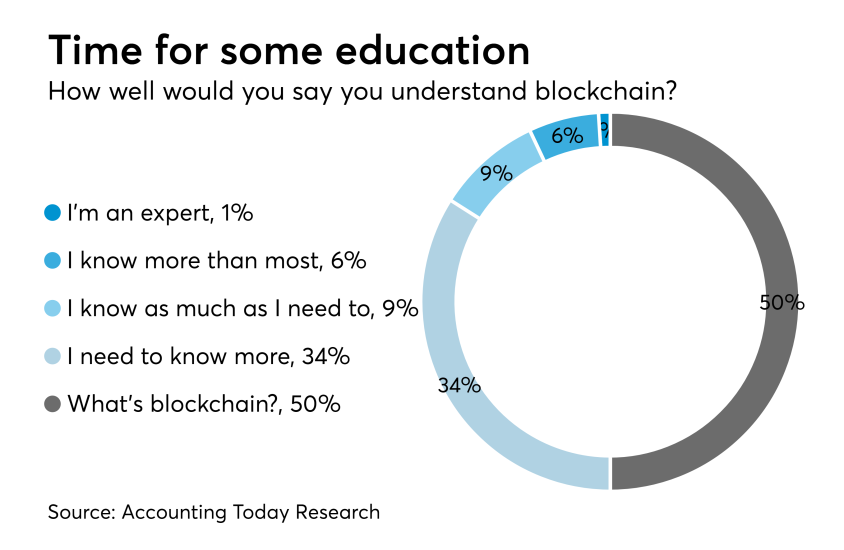As 2019 rapidly wraps up and 2020 looms on the horizon, it seems an appropriate time to take a step back and reflect on the many changes that have occurred in the blockchain and cryptoasset spaces.
There certainly have been a lot of headlines and market coverage during the year, so trying to go back and document every single story is nearly impossible. Instead, the Accounting Working Group of the Wall Street Blockchain Alliance polled our members and put together an overview of some 2019 highlights, as well as some big picture trends and stories set to drive blockchain technology forward through 2020 and beyond. No listing of such a fast-moving space can ever be exhaustive, but should instead serve as a starting point for further conversations and debates.
